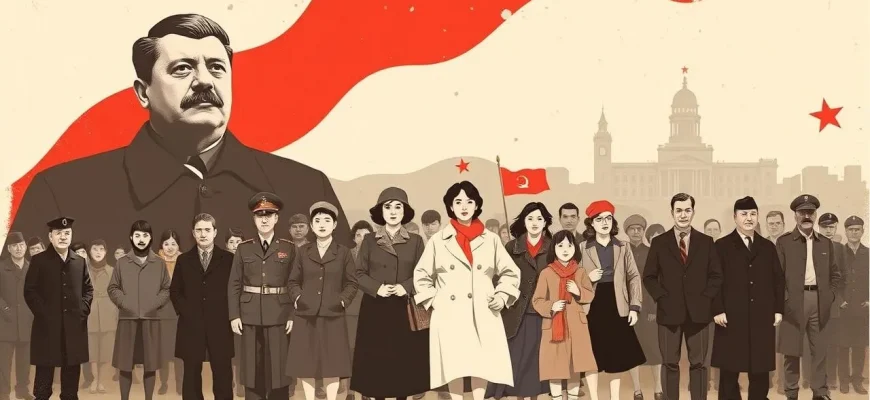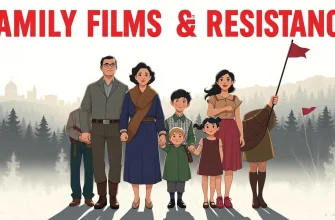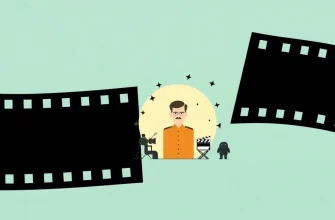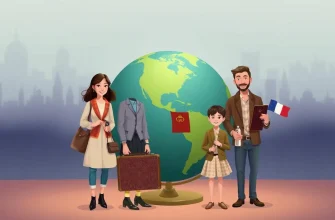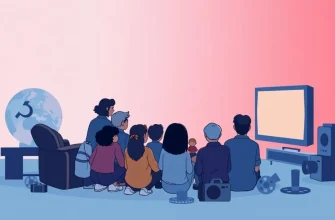Soviet cinema has often been a mirror reflecting the complexities of its political landscape. This curated selection of films delves into the theme of dictatorship, offering a window into the oppressive regimes, the struggle for freedom, and the human spirit's resilience against tyranny. These films, with their English dubbing or subtitles, provide an insightful look into Soviet history and the universal themes of power, control, and resistance.

Burnt by the Sun (1994)
Description: Set in the 1930s, this film captures the paranoia and purges of Stalin's era through the story of a Red Army hero whose idyllic life is shattered by political intrigue.
Fact: It won the Grand Prize at the Cannes Film Festival and the Academy Award for Best Foreign Language Film.
 Watch Now
Watch Now 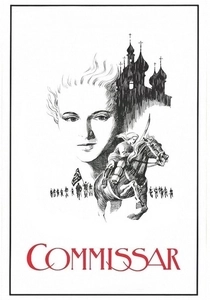
The Commissar (1967)
Description: This film, set during the Russian Civil War, examines the personal and political conflicts of a female commissar, reflecting on the harsh realities of revolutionary ideals versus human nature.
Fact: It was banned in the Soviet Union until 1987 due to its critical view of the Red Army.
 Watch Now
Watch Now 
The Cold Summer of 1953 (1988)
Description: This film explores the aftermath of Stalin's death and the power struggles within the Soviet Union, highlighting the oppressive nature of the regime even after its leader's demise.
Fact: It was one of the last films to be released before the dissolution of the Soviet Union, reflecting the changing political climate.
 Watch Now
Watch Now 
The Ascent (1977)
Description: Set during World War II, this film portrays the harsh realities of life under Nazi occupation and the moral dilemmas faced by partisans. It's a stark depiction of the brutality of totalitarian regimes.
Fact: Larisa Shepitko, the director, tragically died in a car accident just three years after the film's release, leaving behind a powerful legacy.
 30 Days Free
30 Days Free 
The Inner Circle (1991)
Description: A fictionalized account of Stalin's projectionist, this film provides an intimate look at the inner workings of a dictator's regime and the personal toll it takes on those close to power.
Fact: The film was directed by Andrei Konchalovsky, who left the Soviet Union in 1975 and returned to direct this film.
 30 Days Free
30 Days Free 
The Chekist (1992)
Description: A chilling portrayal of the Cheka, the Soviet secret police, during the Red Terror, this film exposes the machinery of state terror and the dehumanization of its agents.
Fact: The film was shot in black and white to emphasize the bleakness of the era.
 30 Days Free
30 Days Free 
Repentance (1984)
Description: This film, which was banned in the Soviet Union for its critical portrayal of a dictator, explores the theme of historical memory and the struggle to come to terms with past atrocities.
Fact: It was the first Soviet film to be shown at the Cannes Film Festival in the competition section.
 30 Days Free
30 Days Free 
The Fall of Berlin (1950)
Description: A propaganda epic that glorifies the Soviet victory over Nazi Germany, it also subtly critiques the cult of personality around Stalin, making it a unique piece of Soviet cinema.
Fact: The film was one of the most expensive Soviet productions of its time, with a budget equivalent to several million dollars today.
 30 Days Free
30 Days Free 
The Return of Maxim (1937)
Description: While ostensibly a celebration of the Soviet hero, this film subtly critiques the bureaucratic and oppressive nature of the Soviet system through its narrative.
Fact: It was part of a trilogy, with the other films being "The Youth of Maxim" and "The Vyborg Side."
 30 Days Free
30 Days Free 
The Irony of Fate (1975)
Description: Though primarily a romantic comedy, this film satirizes the uniformity of Soviet life and indirectly critiques the lack of individuality under a dictatorial regime.
Fact: It has become a New Year's Eve tradition in Russia, with millions watching it annually.
 30 Days Free
30 Days Free 
